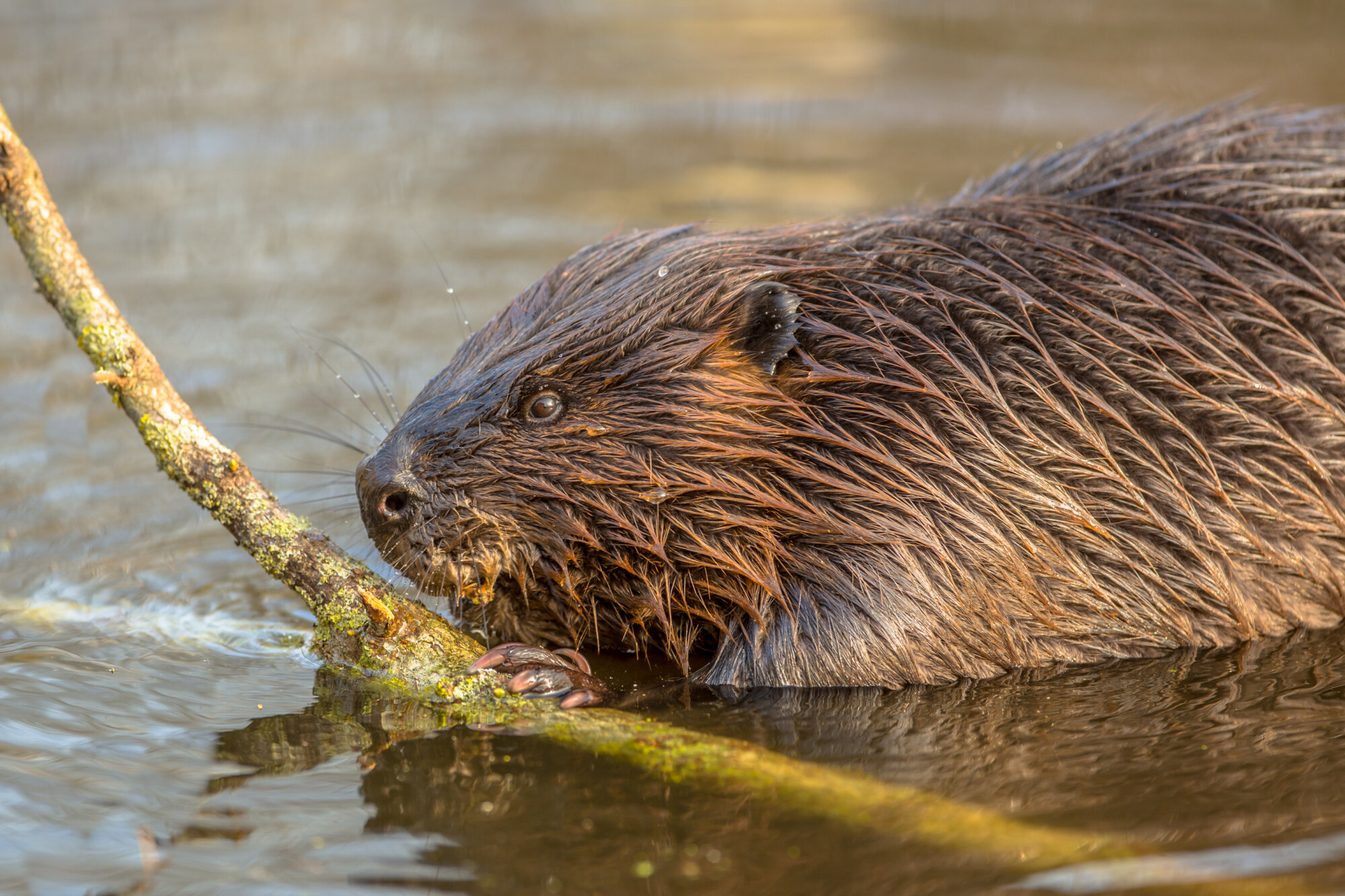Government plans to release beavers into the wild
25th August 2021
Defra has announced plans to release beavers in to the wild in England, opening up a landmark consultation on the 25th of August 2021. The consultation marks a cautious step towards further reintroductions and establishing native beaver populations.
The government have suggested the reintroduction as they believe that beavers could play a significant role in helping to restore nature to England. It’s hoped that the naturally created dams from beavers would raise water levels, creating pools and wetland habitats which support the recovery of a wide range of native species.
However, the reintroduction of the rodents may not be positively received in all sectors. The release of the animals will be of particular concern to farmers in areas already at risk of flooding. The beavers effects on trees and water ways could negatively impact farmland drainage and cause fields to flood.
Alongside the consultation the government have announced plans to give beavers legal protection in England. This will make it an offence to deliberately capture, kill, disturb or injure beavers, or damage breeding sites or resting places. Which could leave farmers in a difficult position if the reintroduced animals did cause problems on their land.
On the announcement of the consultation Secretary of State George Eustice said:“We are committed to providing opportunities to reintroduce formerly native species, such as beavers, where the benefits for the environment, people and the economy are clear.
“Today marks a significant milestone for the reintroduction of beavers in the wild, with the launch of the Government’s consultation on our national approach and management of beavers in England.
“But we also understand that there are implications for landowners, so we are taking a cautious approach to ensure that all potential impacts are carefully considered.”
The 12-week consultation is seeking views on, the potential future releases into the wild, current and future releases into enclosures, as well as the mitigation and management of beaver activity or impacts in the wild, including the River Otter population and all other existing wild living beaver populations
Should the reintroduction go ahead they would be subject to a licence from Natural England. The Chair, Tony Juniper, has welcome the proposal; “Beavers are not only fascinating creatures in their own right, but are also ecosystem engineers that will play a key role in restoring and linking habitats, in the process bringing many environmental benefits, like we have seen in the highly successful River Otter trial in Devon – hugely positive transformations, including the creation of wetland habitat, improving water quality and smoothing flood peaks.
“I encourage everyone to respond, so that the way we shape the future of wild Beavers reflects as many perspectives as possible”.
The major consultation has already sparked responses from environmental and farming groups. The NFU have welcomed the fact that the reintroduction would be strictly licensed by Natural England. Responding to the consultation NFU environment forum chairman Richard Bramley said: “It is important any approved licensing includes a long-term management plan, developed with local farmers and backed with adequate funding. Any impact on a farmer’s ability to produce food needs to be included as part of a full impact assessment carried out before any licence is issued. ”
The NFU statement also highlighted the potential negative effects to farmland which may be overlooked by others. With damage to trees and riverbanks an inevitable side effect of the reintroduction the NFU are already moving to protect farmers asking that “Where there is a financial impact on a farm business, adequate compensation must be made and an exit strategy must be in place should major issues occur.”
The reintroduction is part of the government’s aims to tackle the twin threat of biodiversity and climate change.The consultation will be live from Wednesday the 25th August.
A summary of responses will be published in early 2022.

